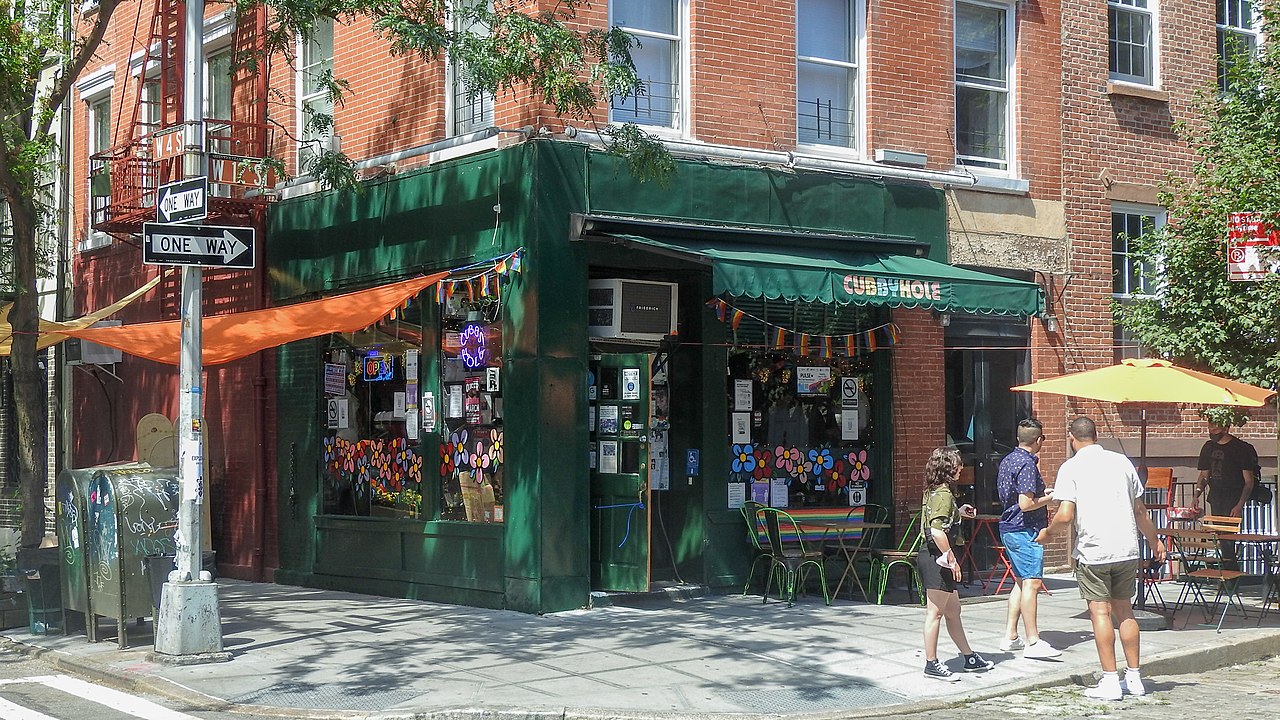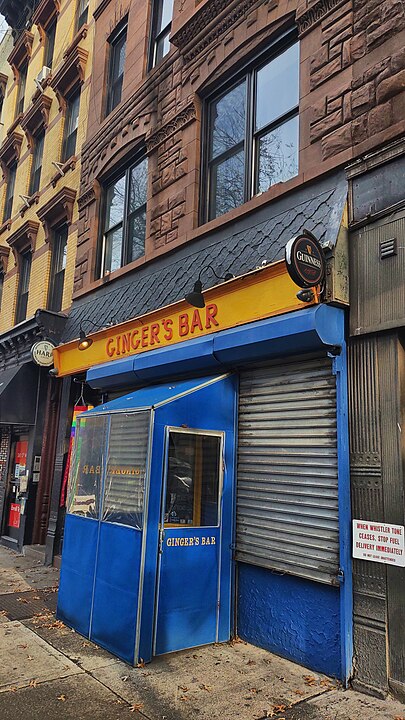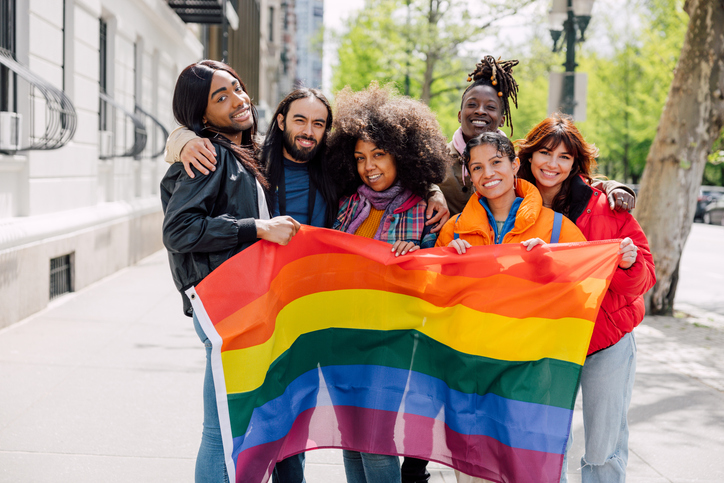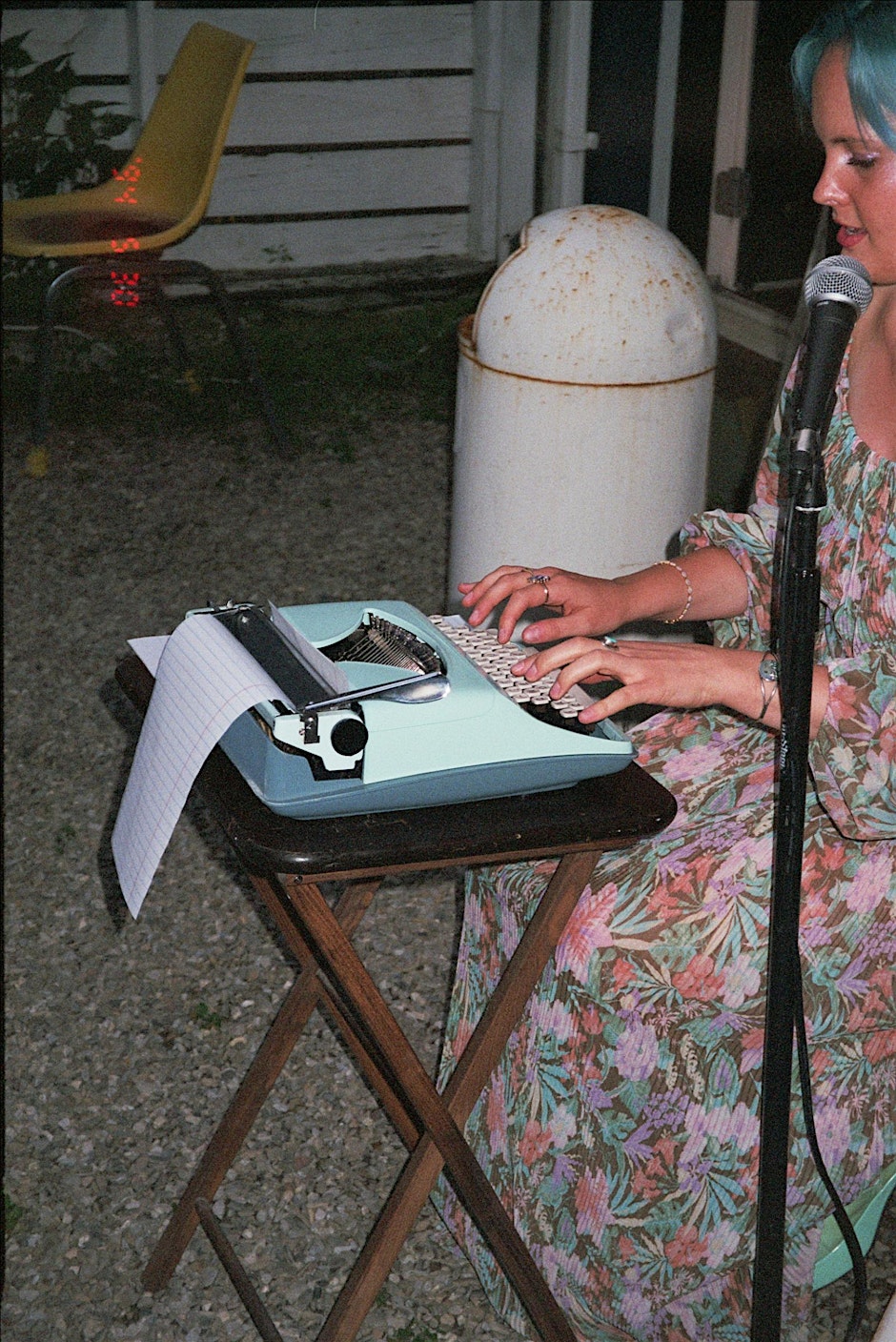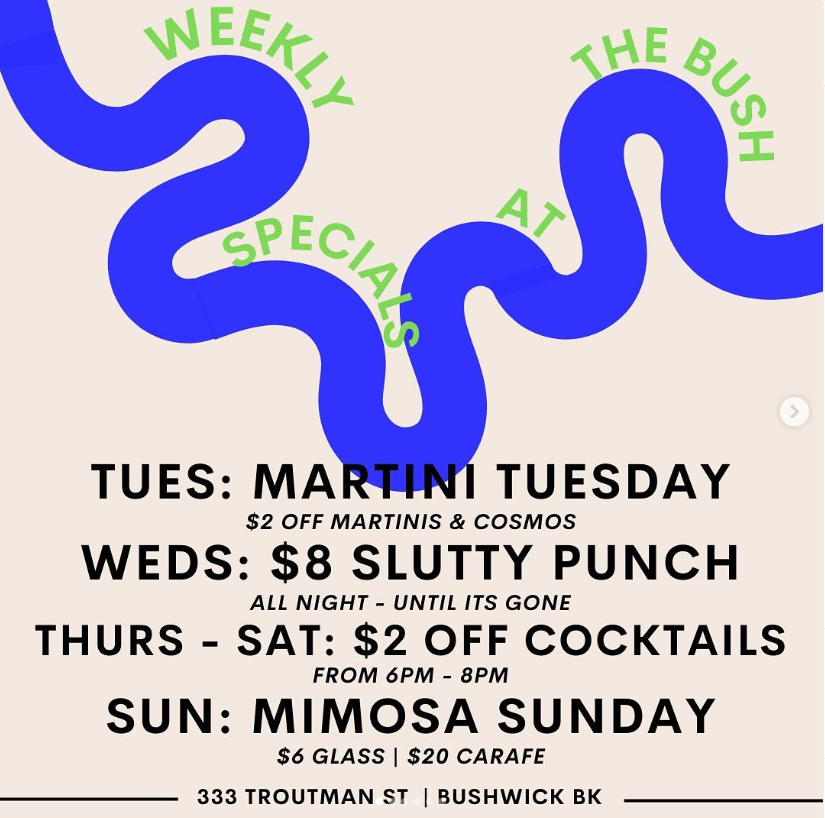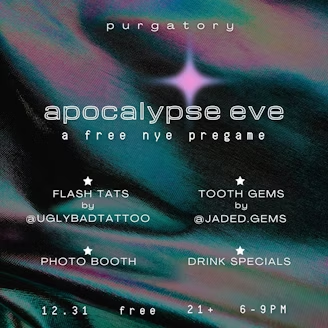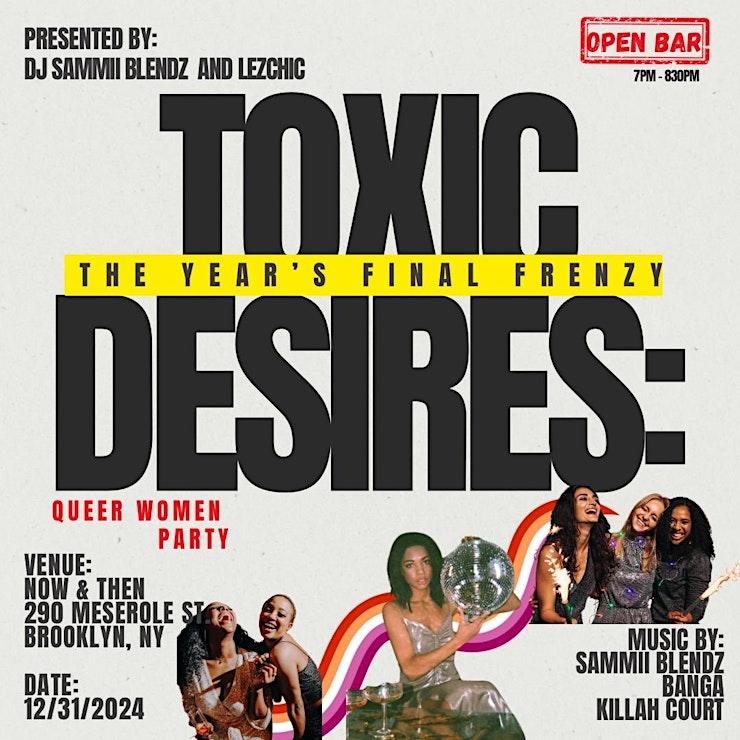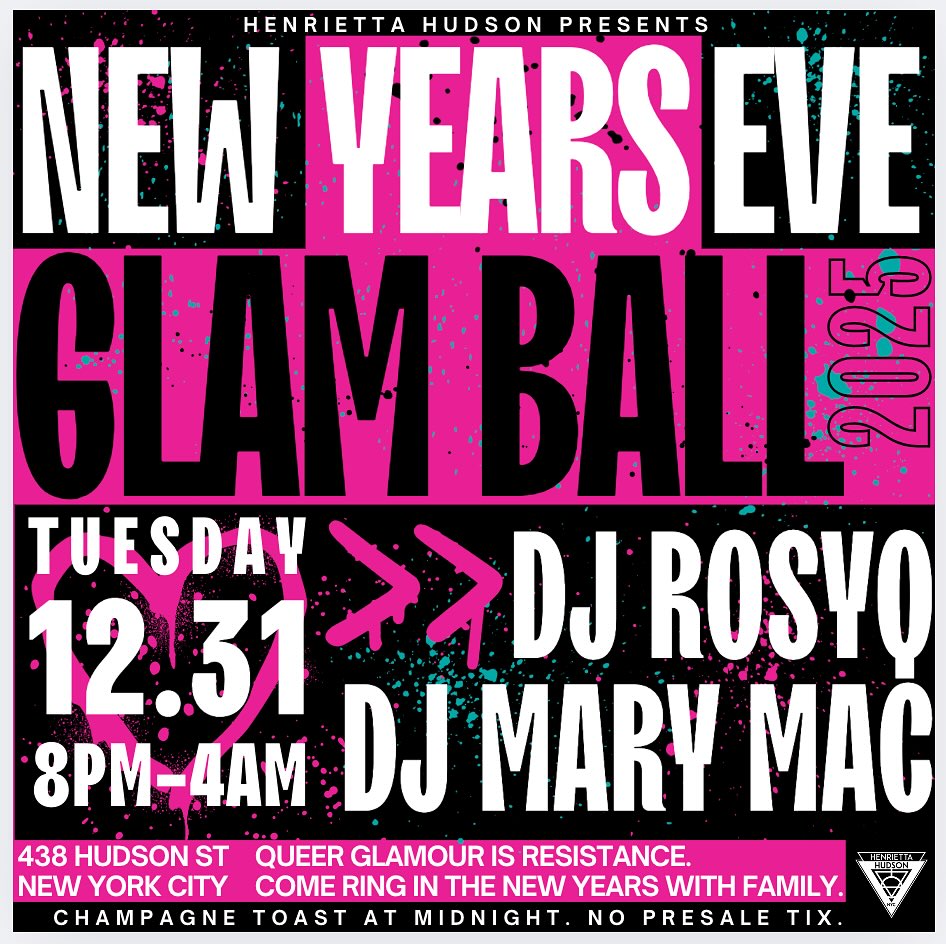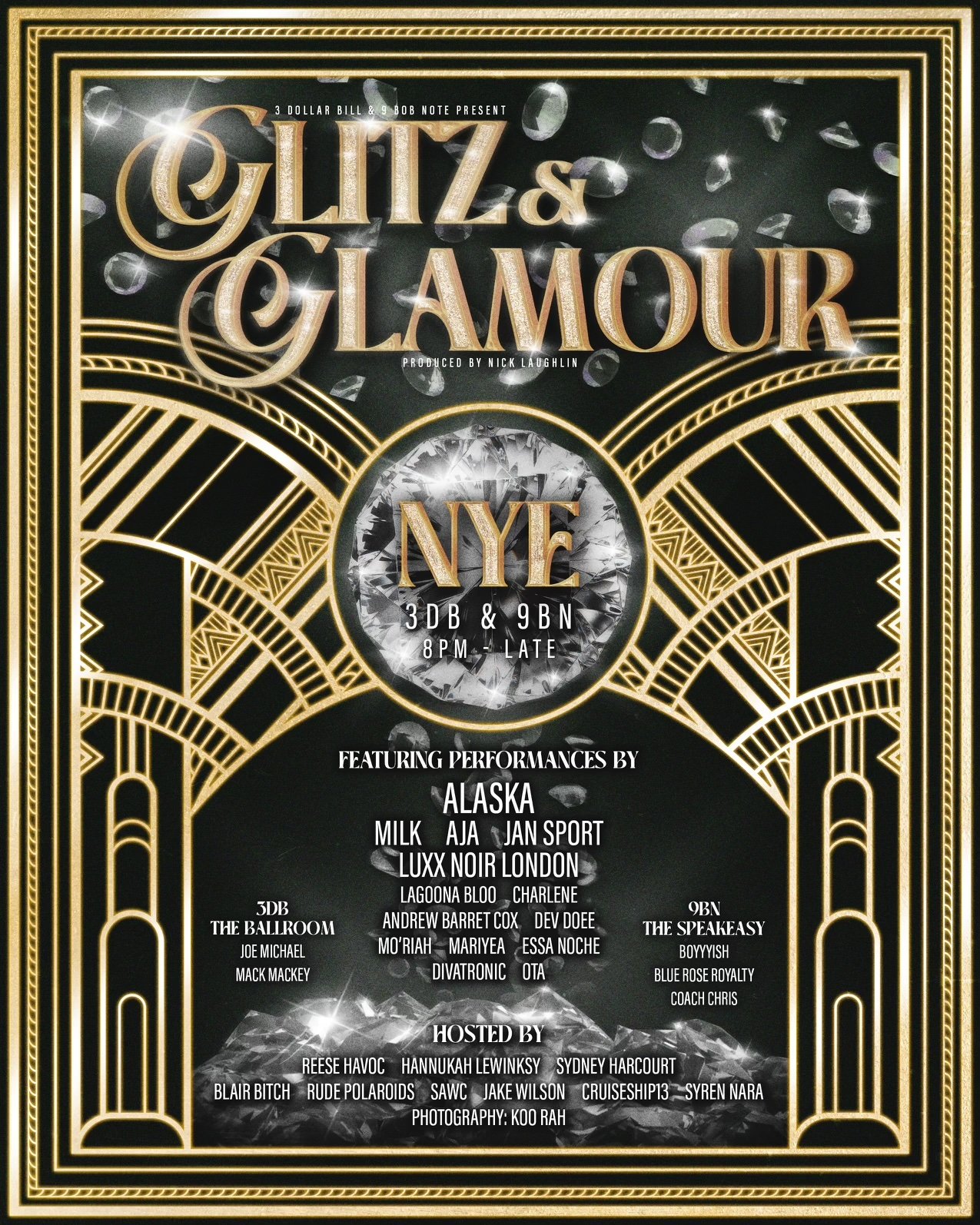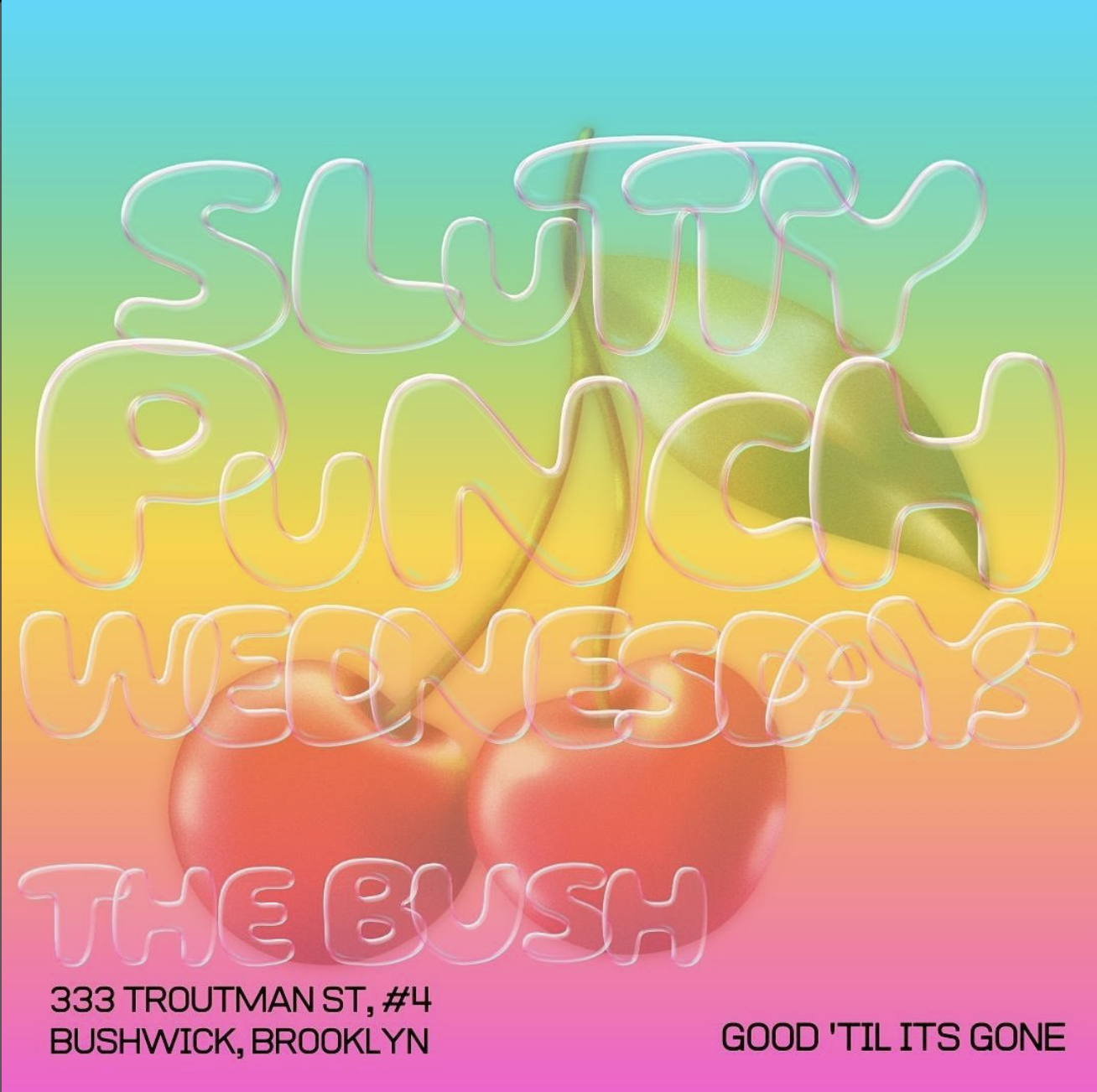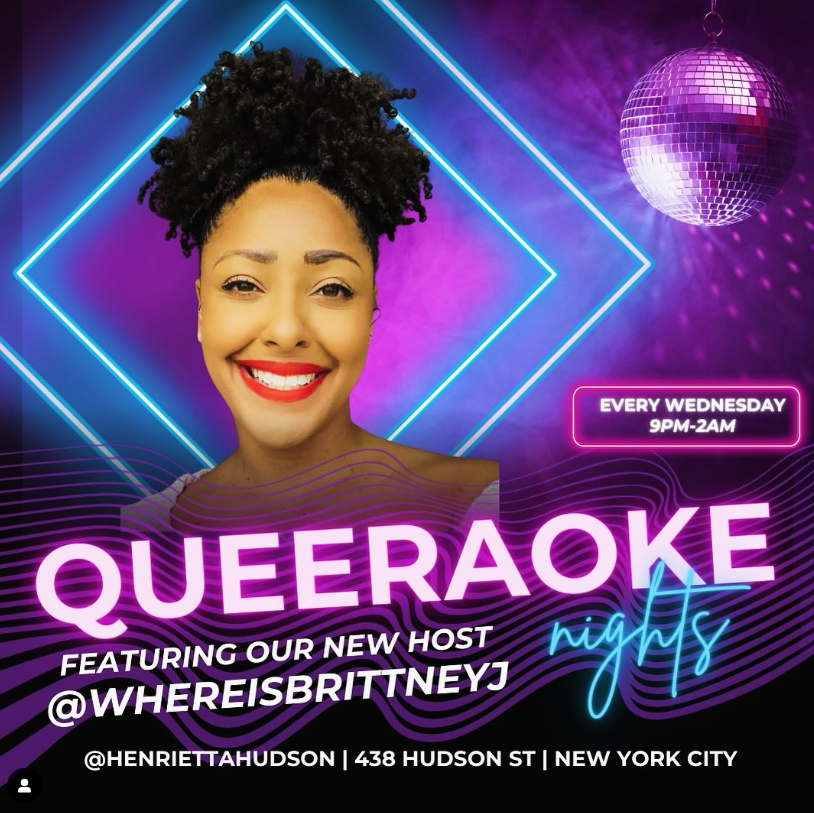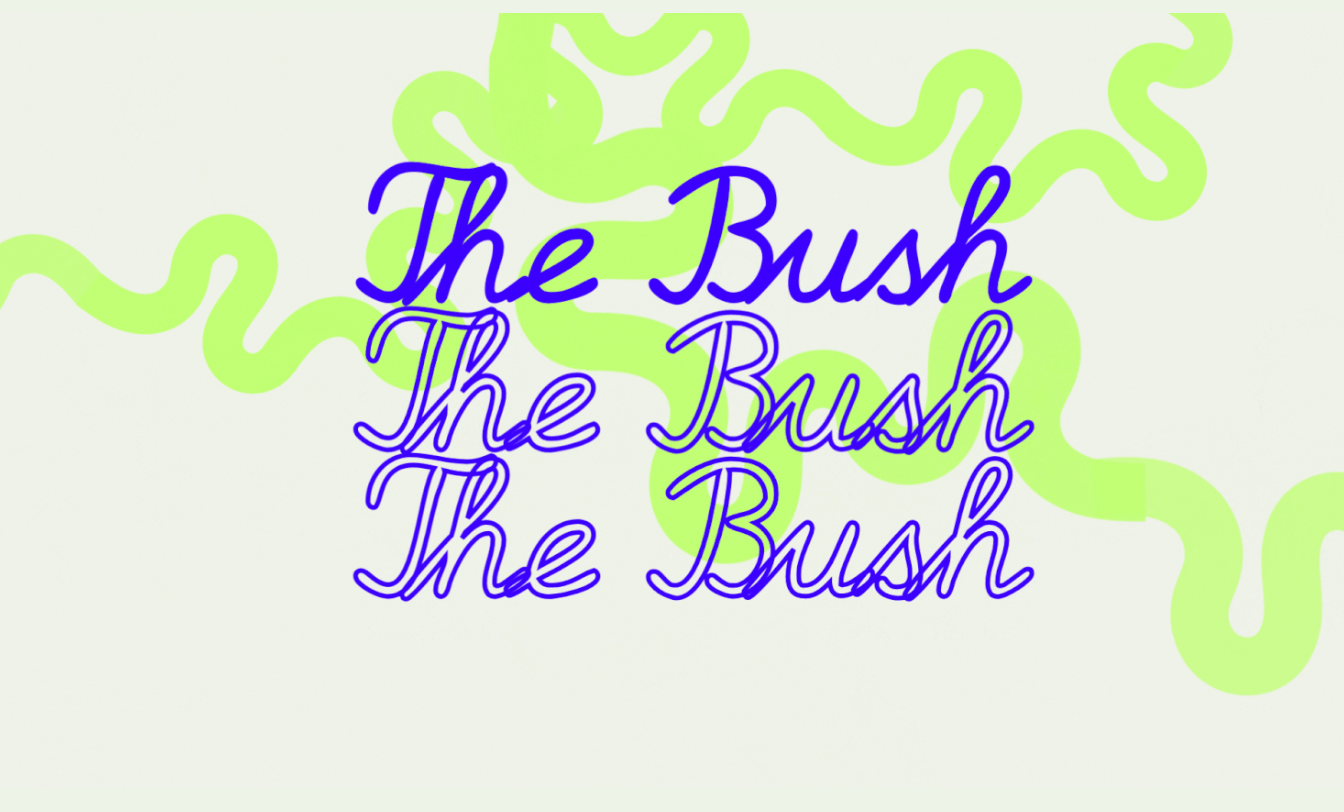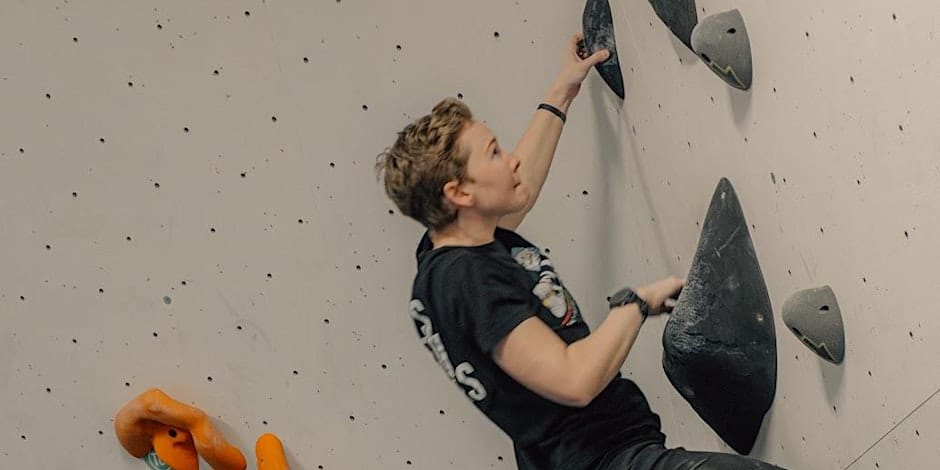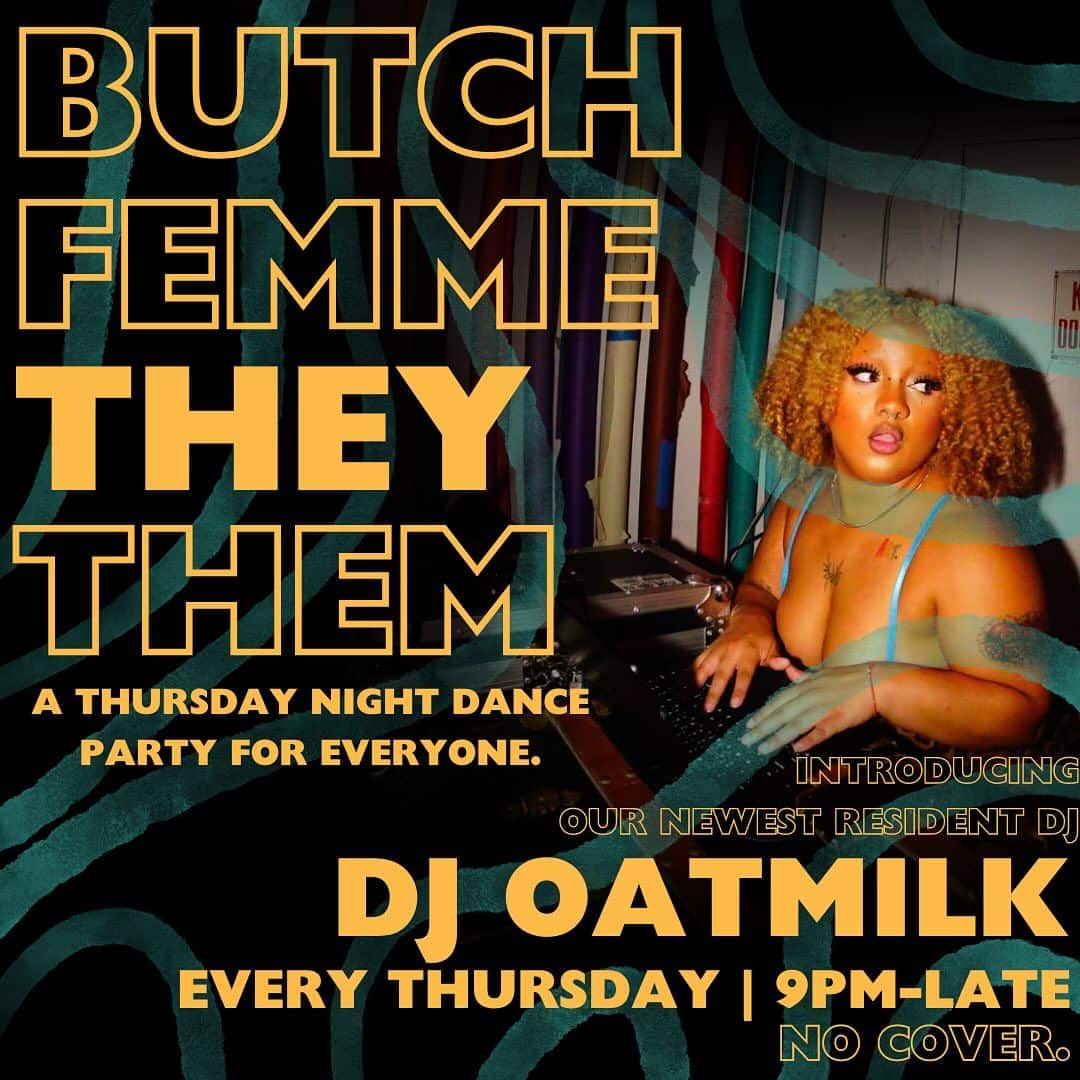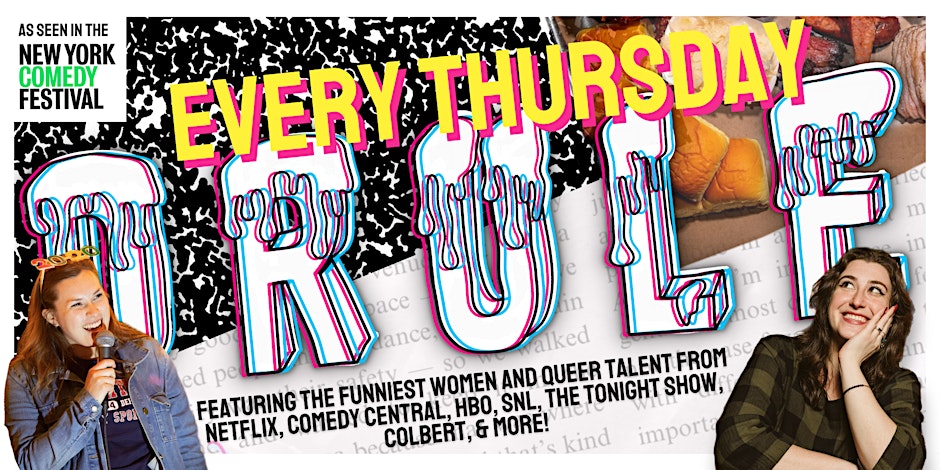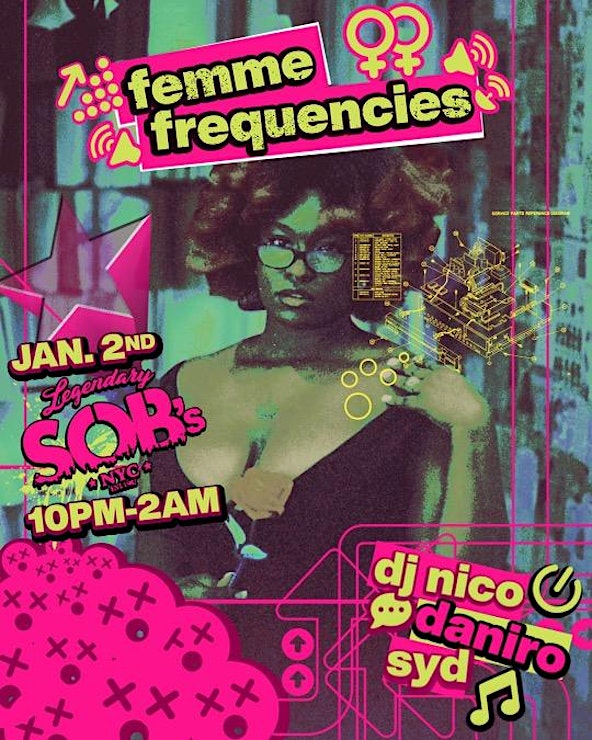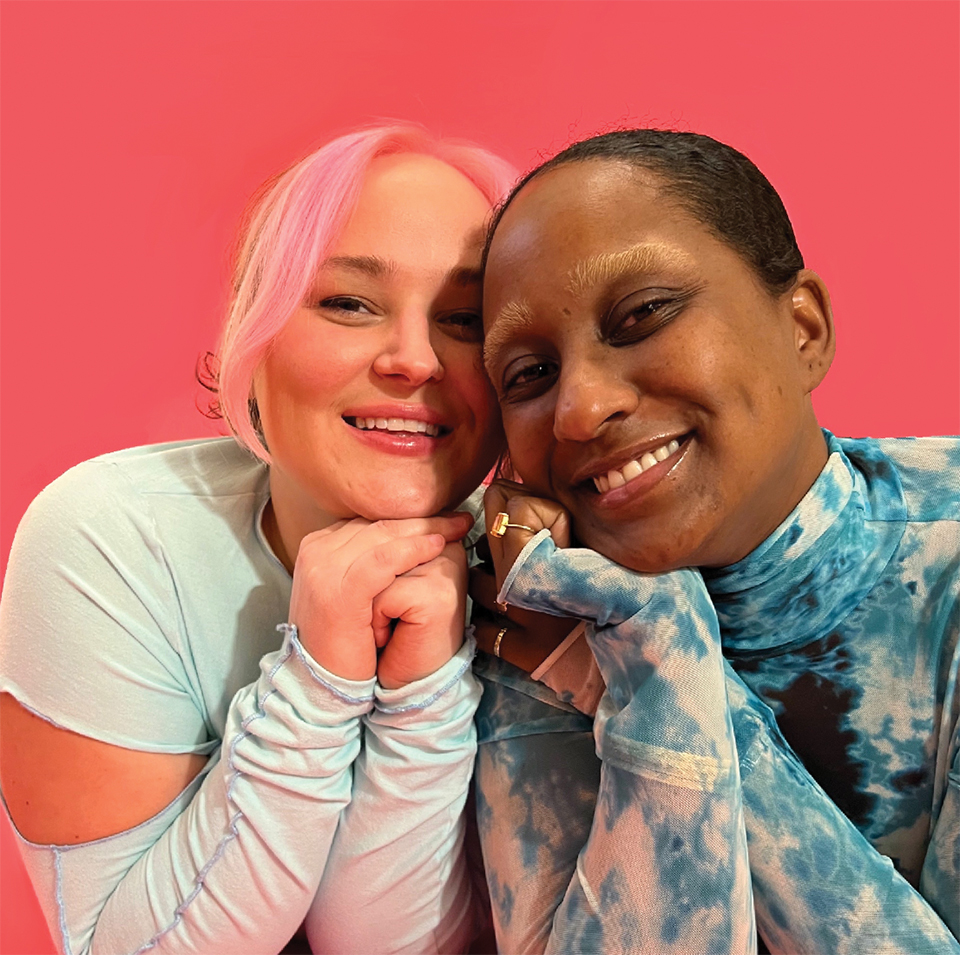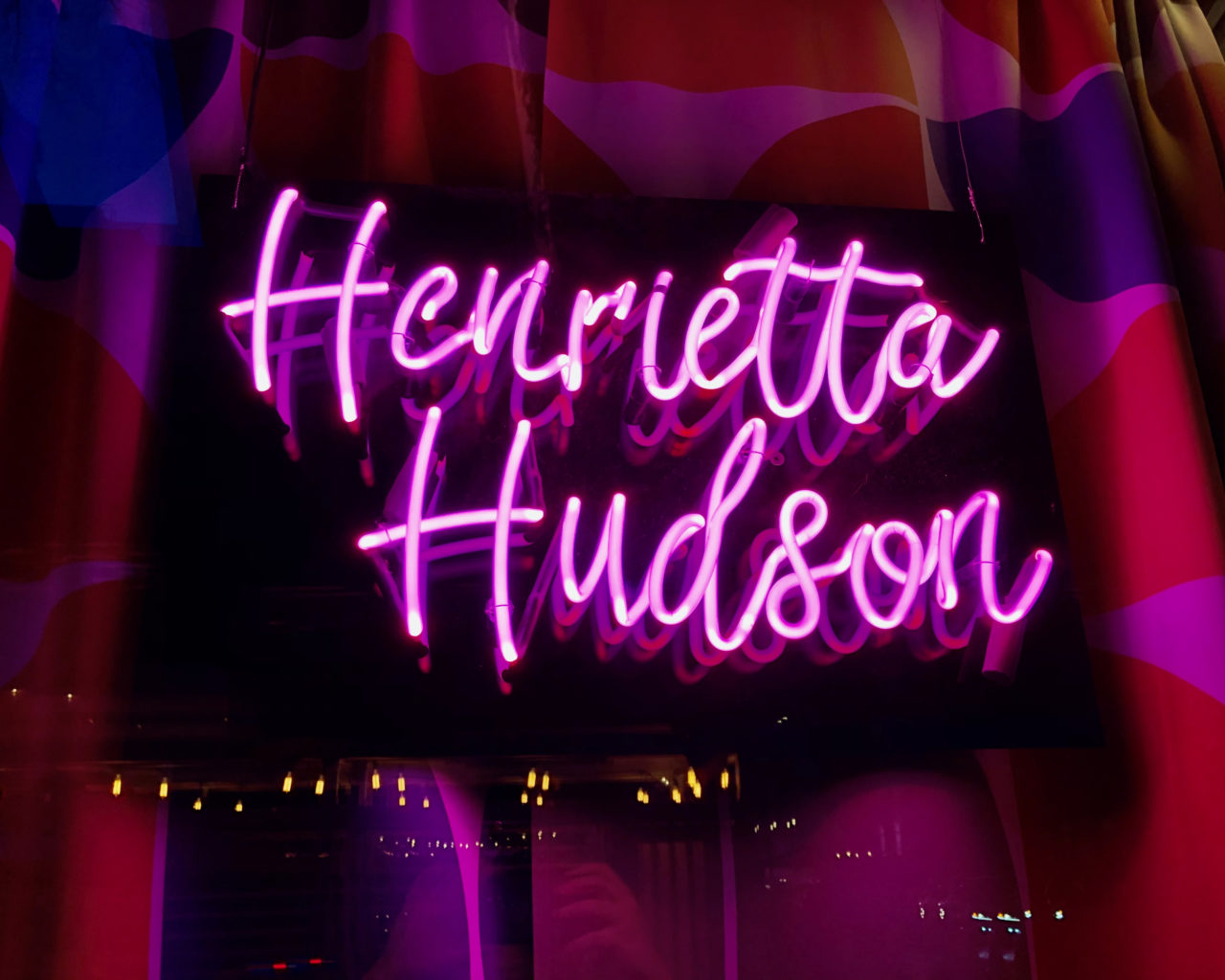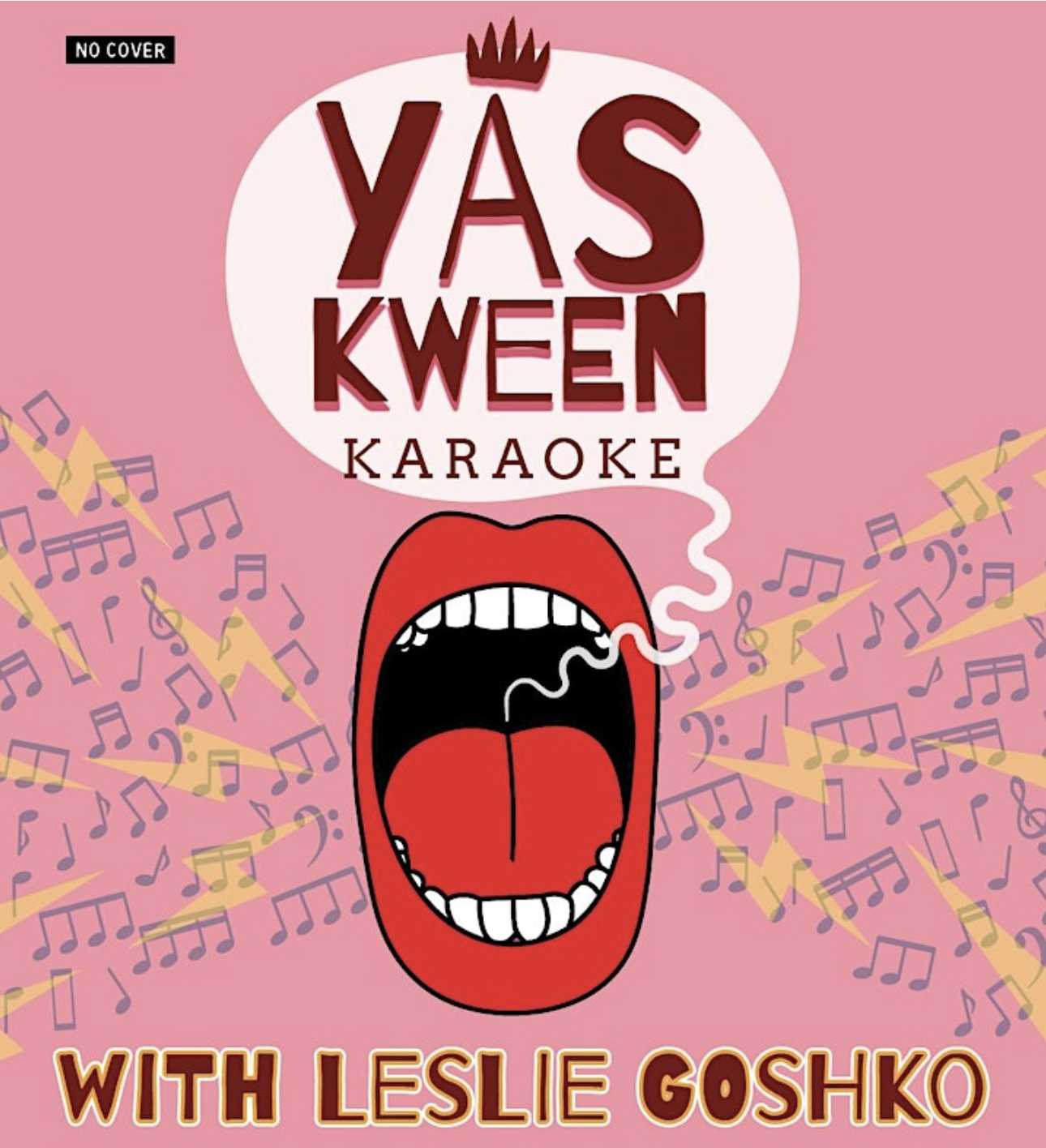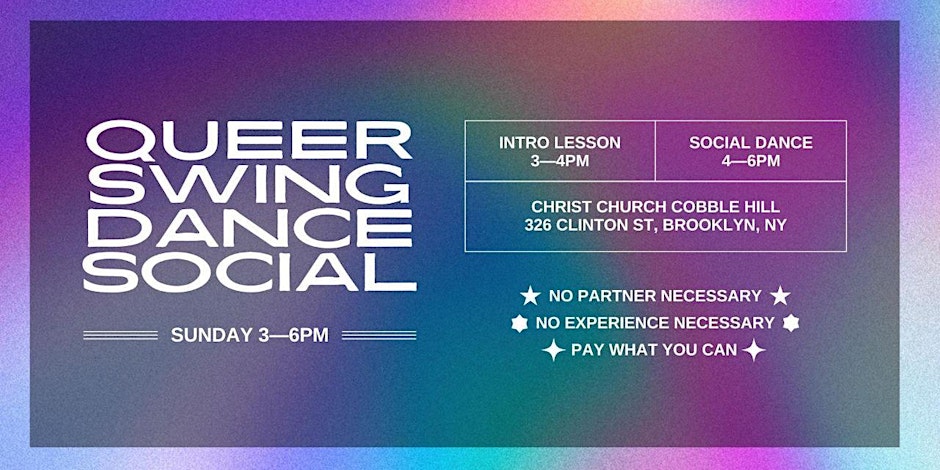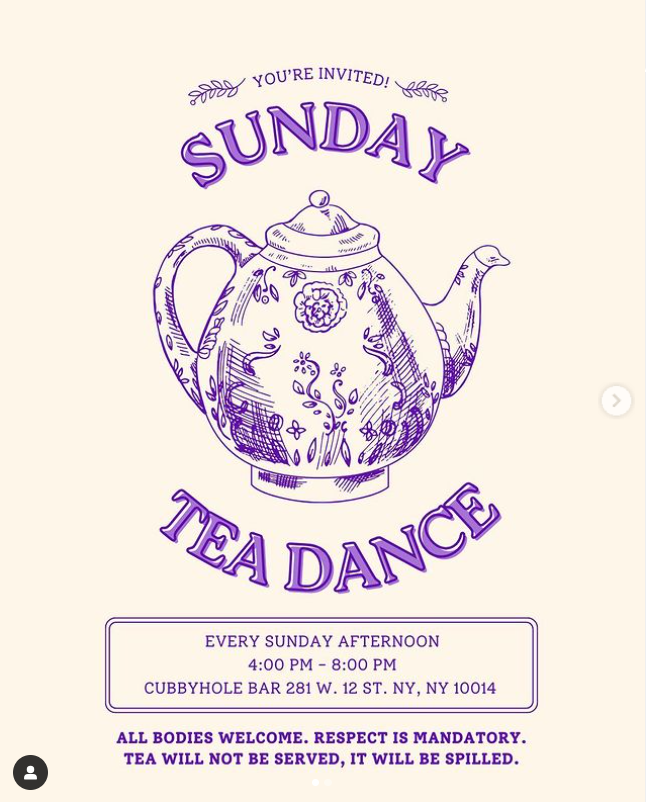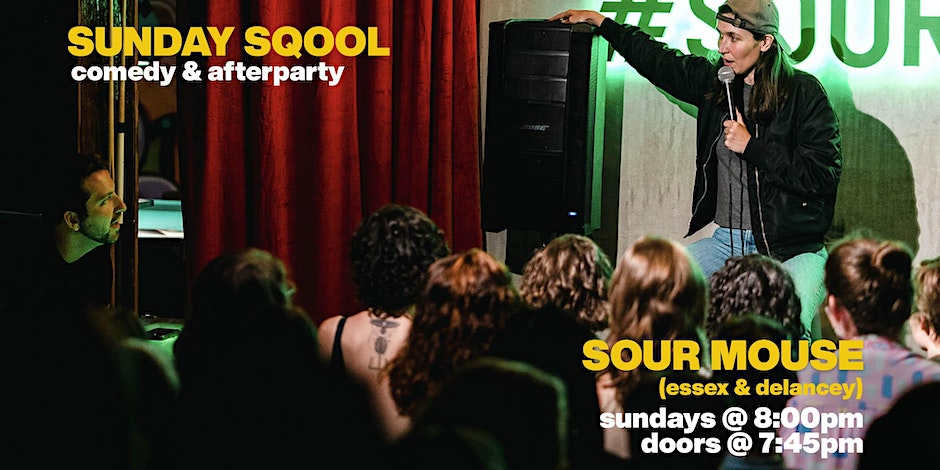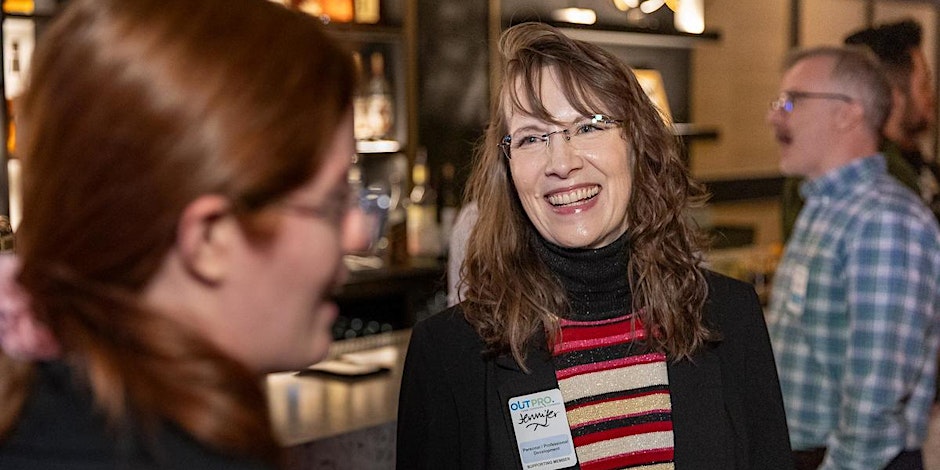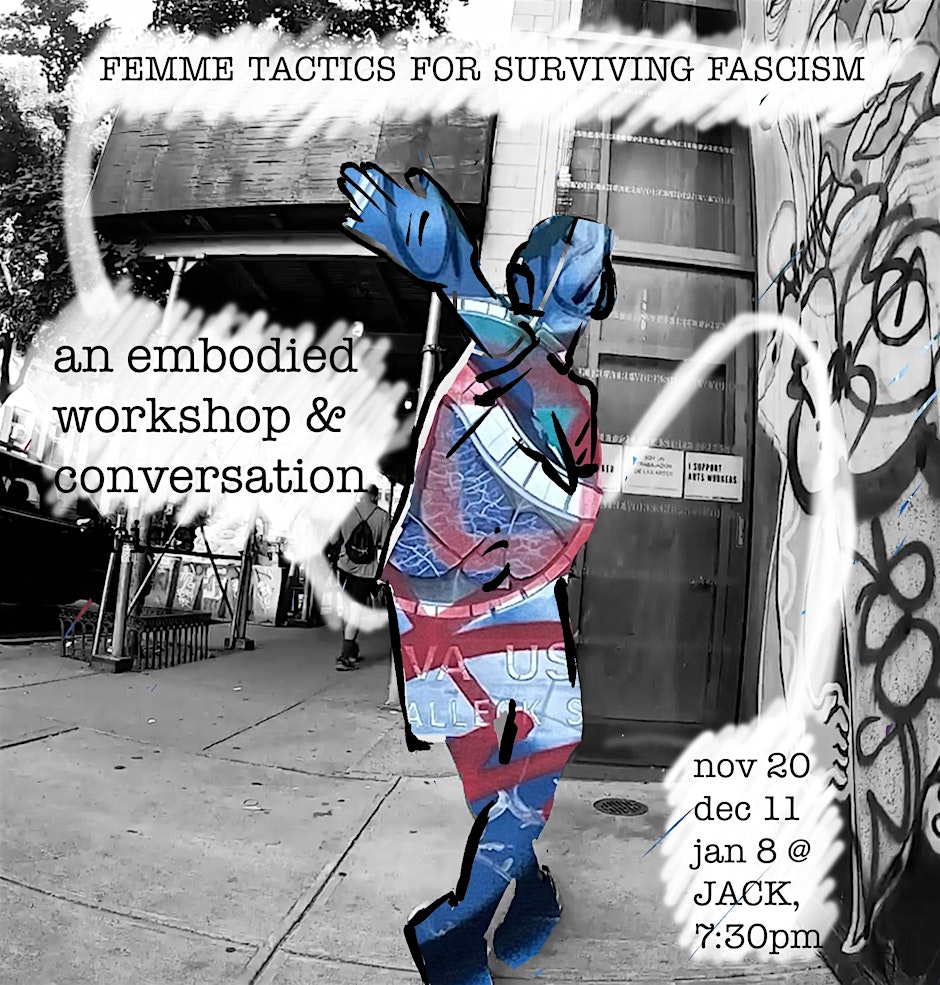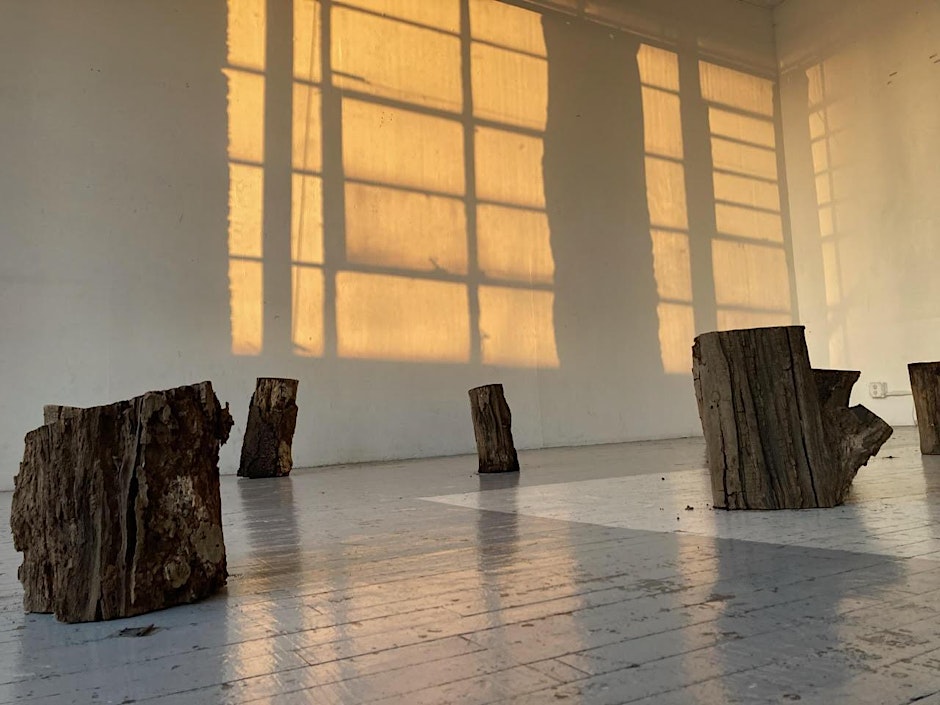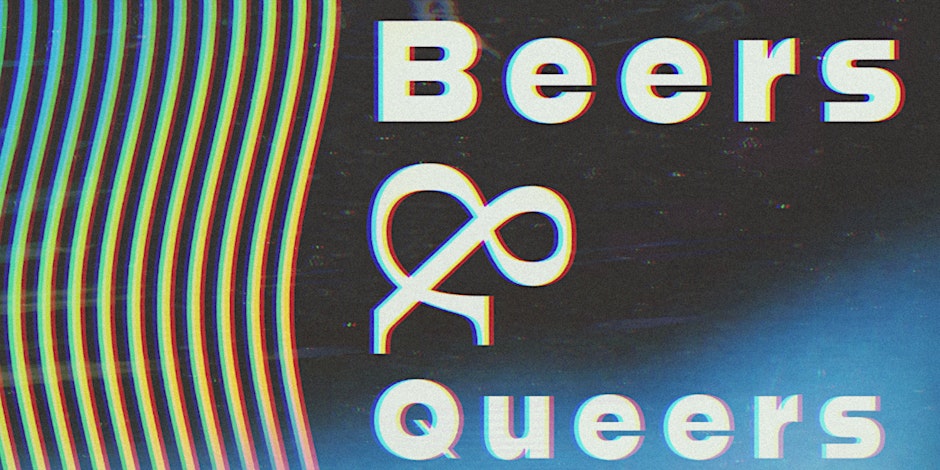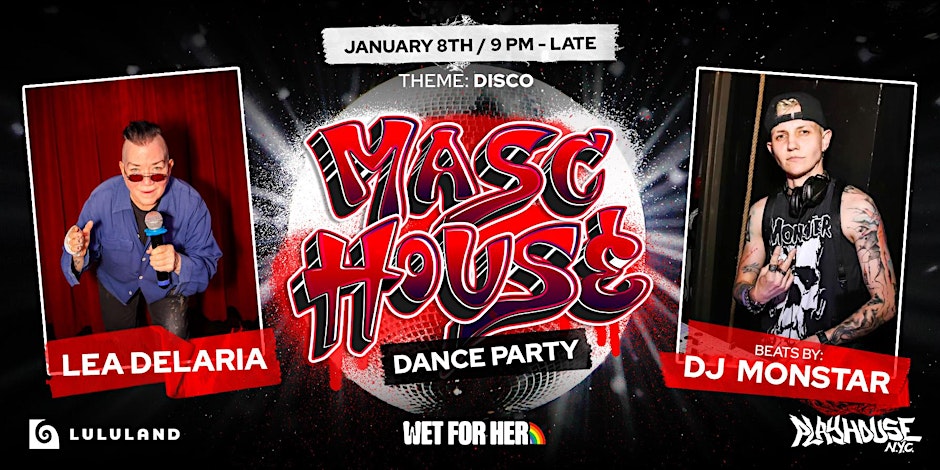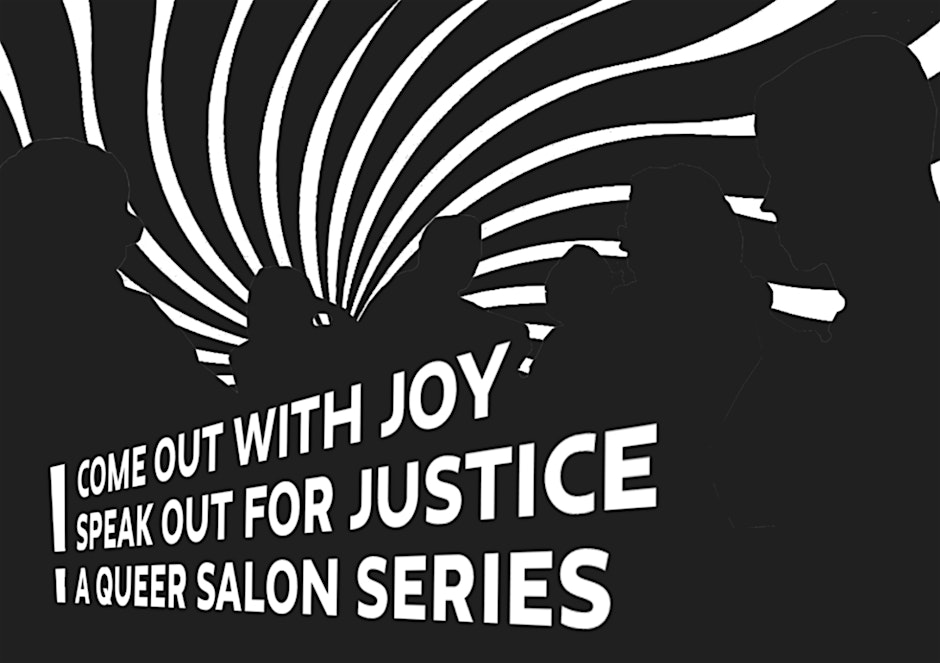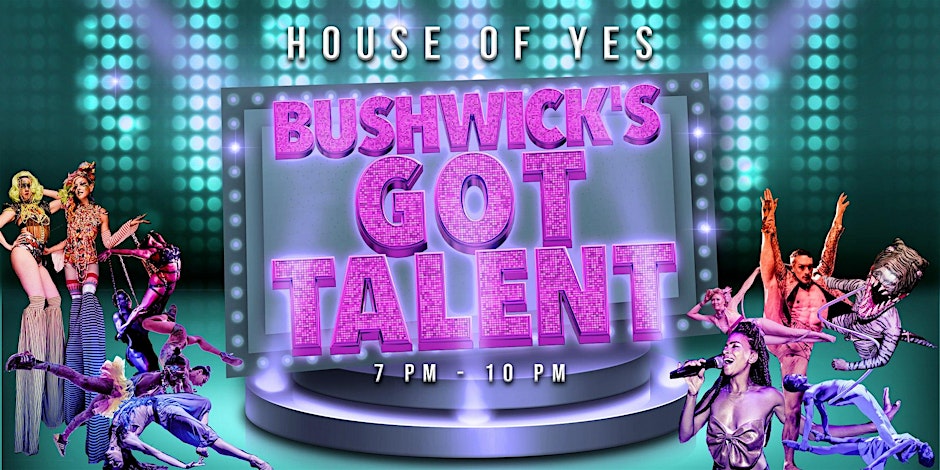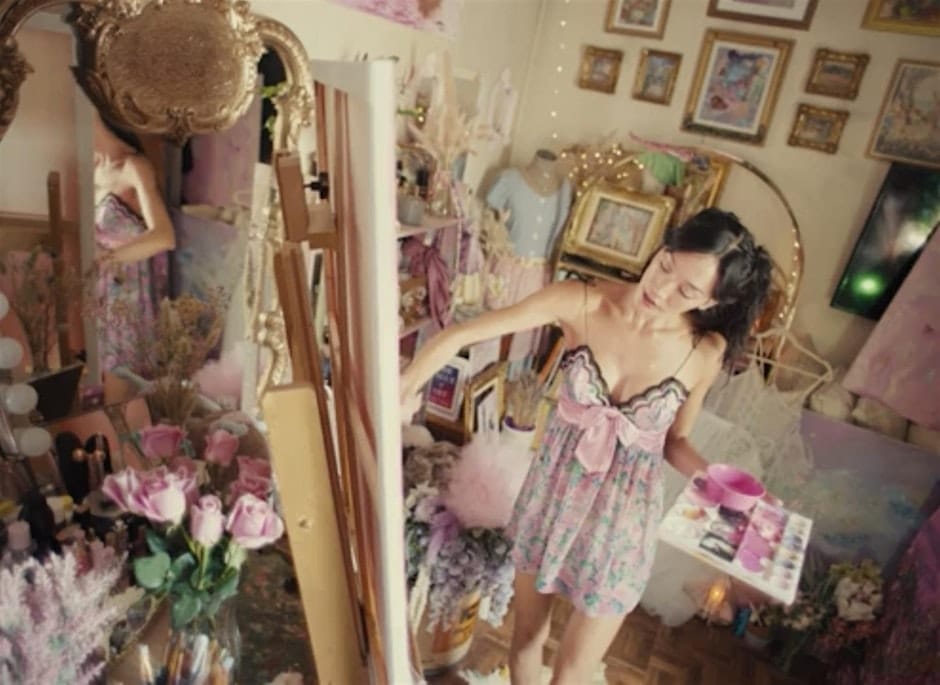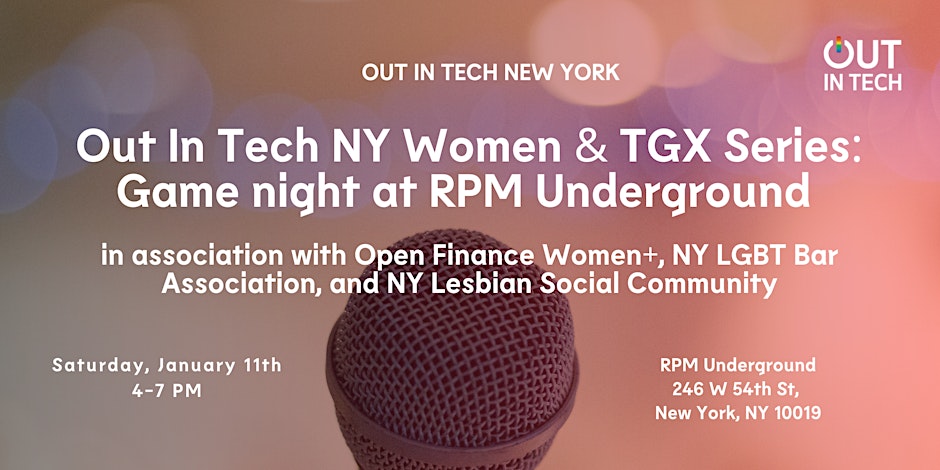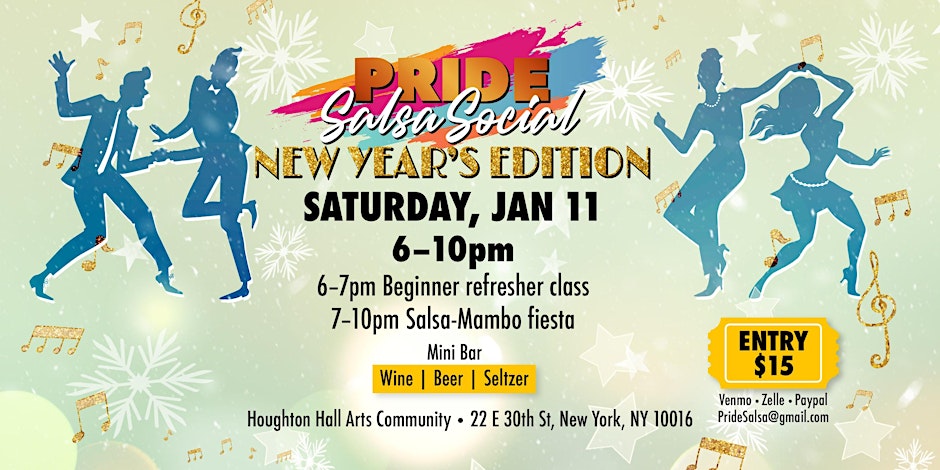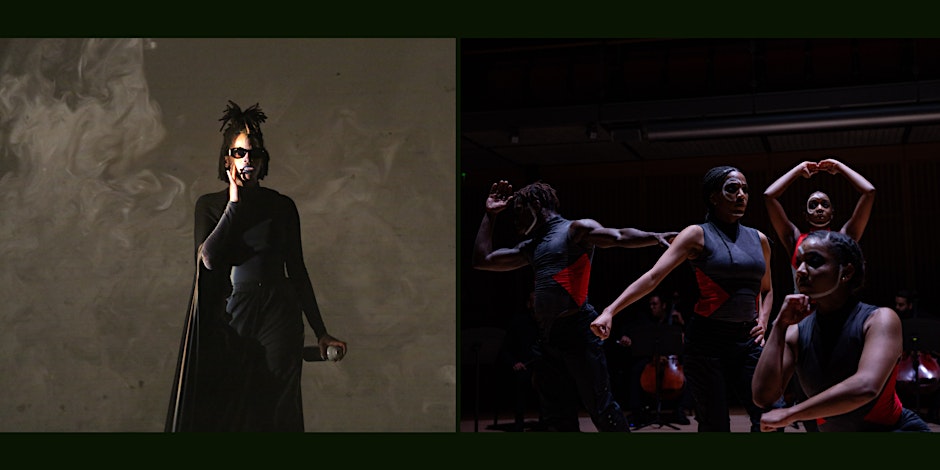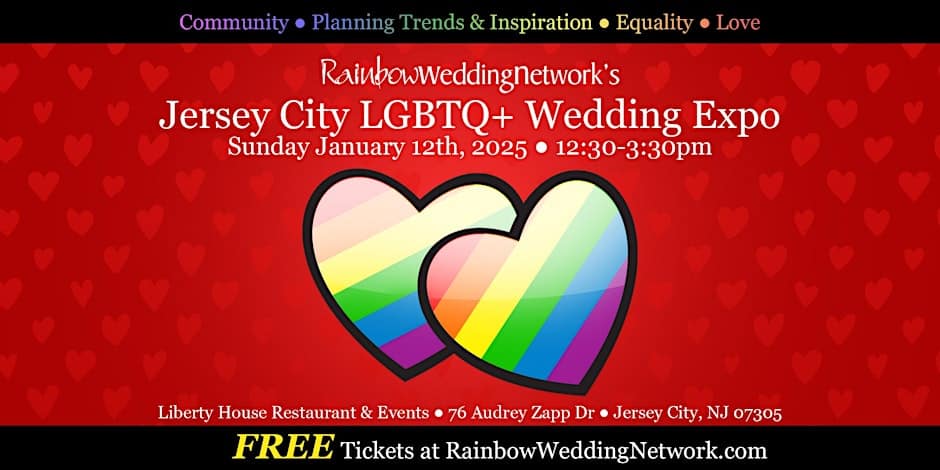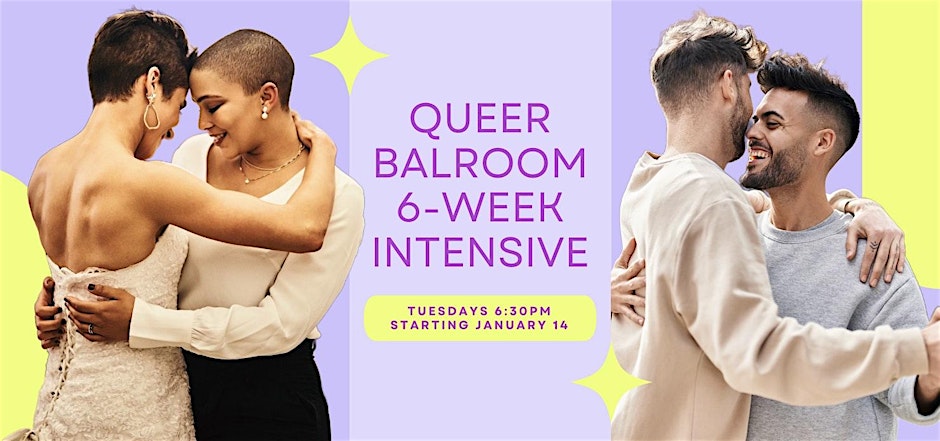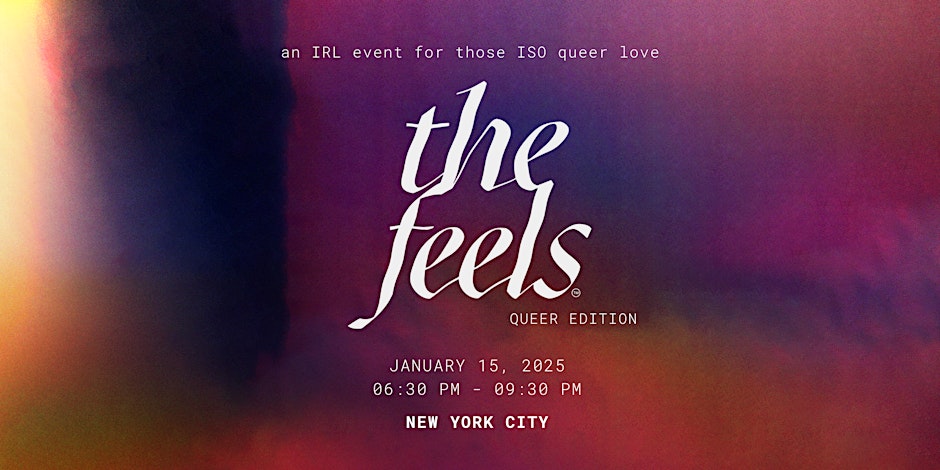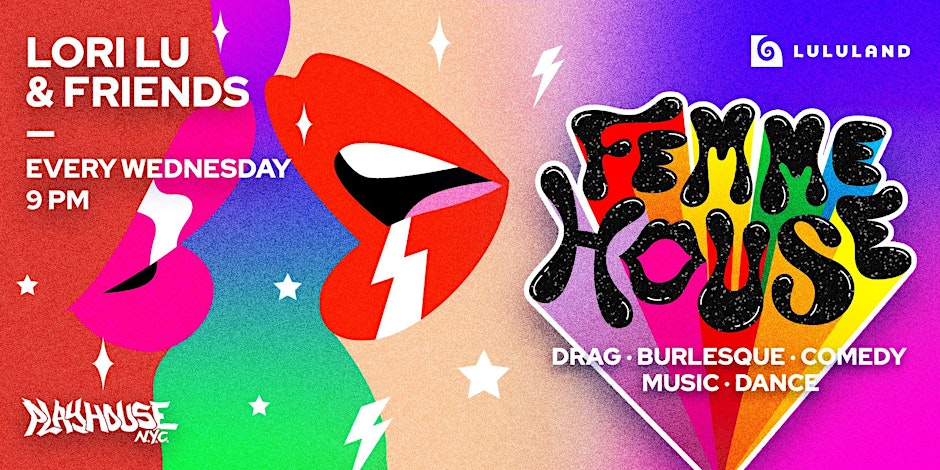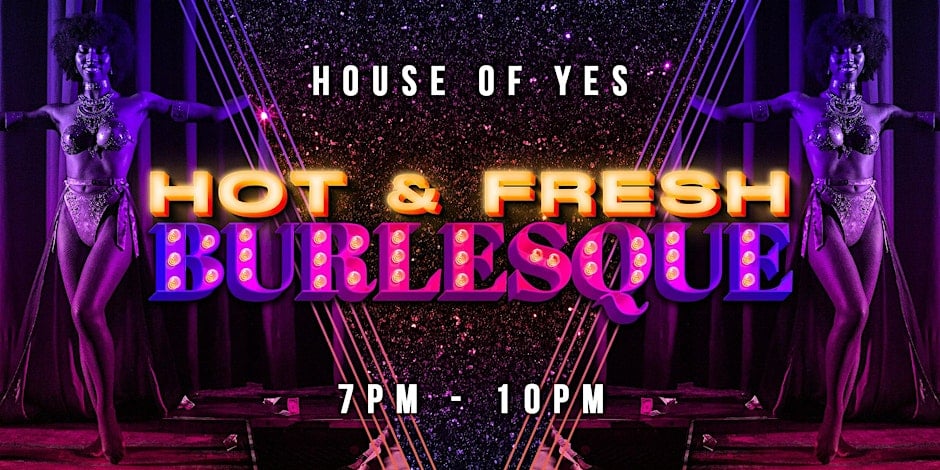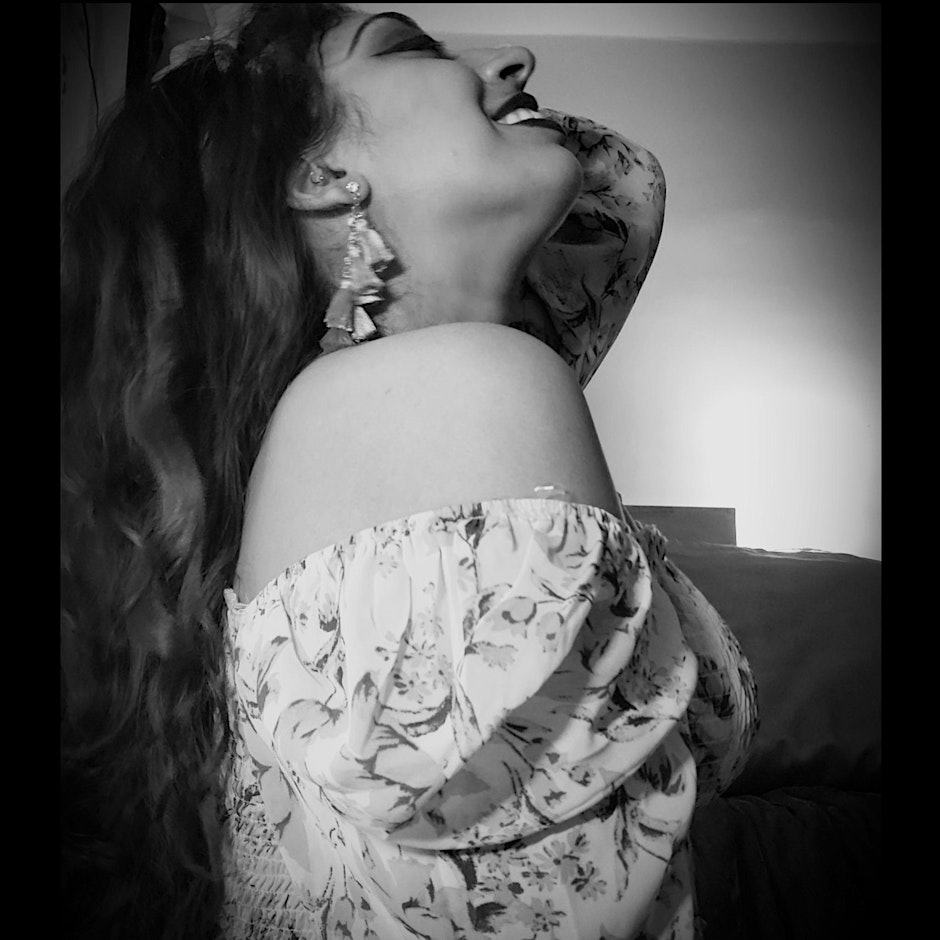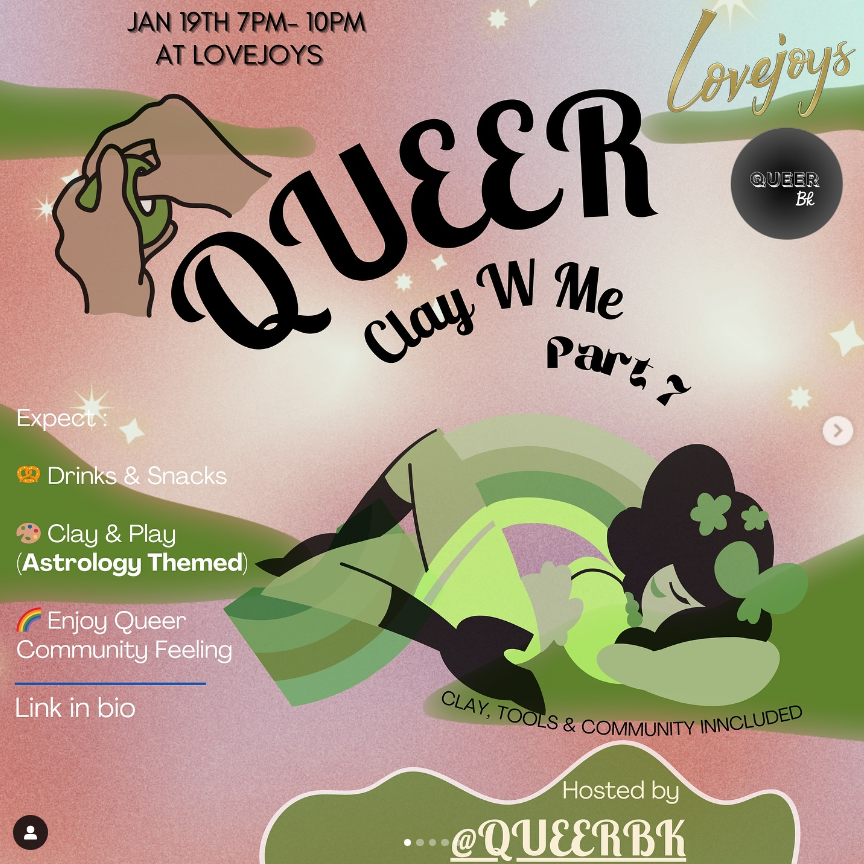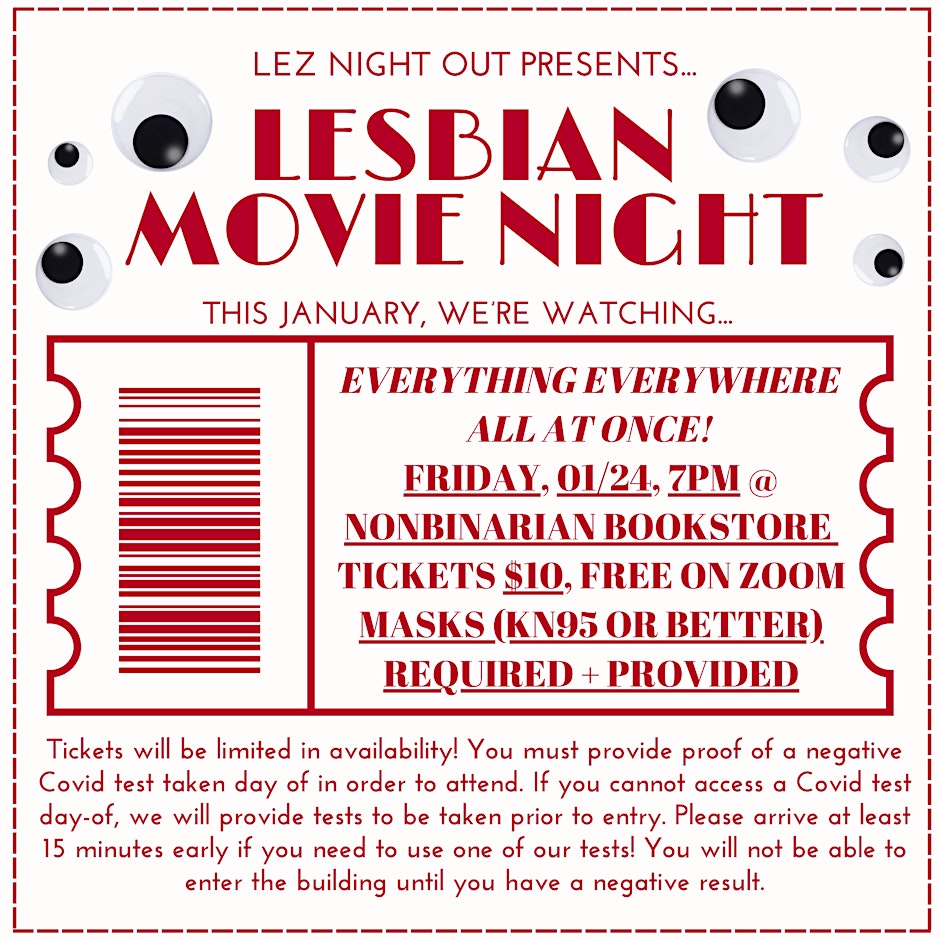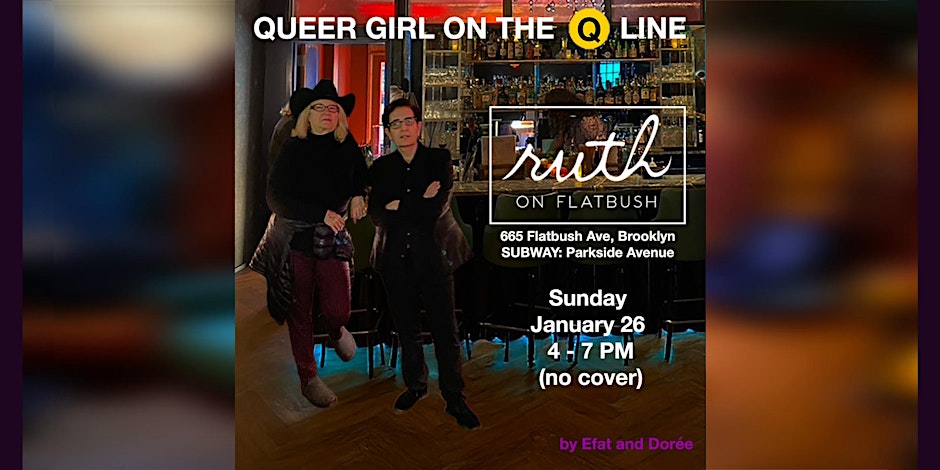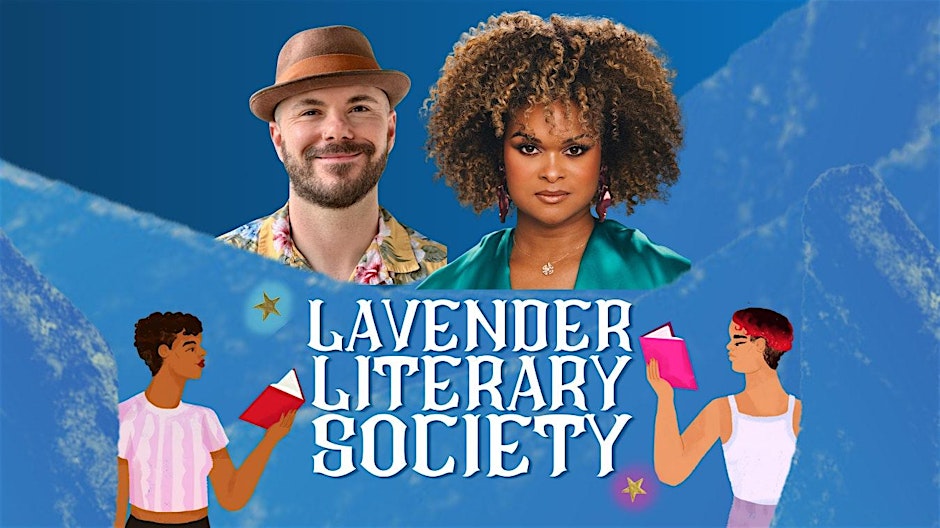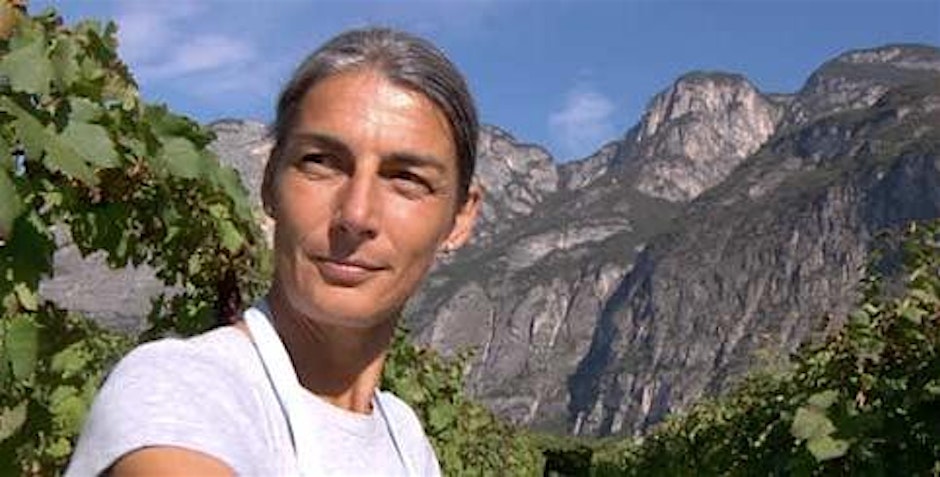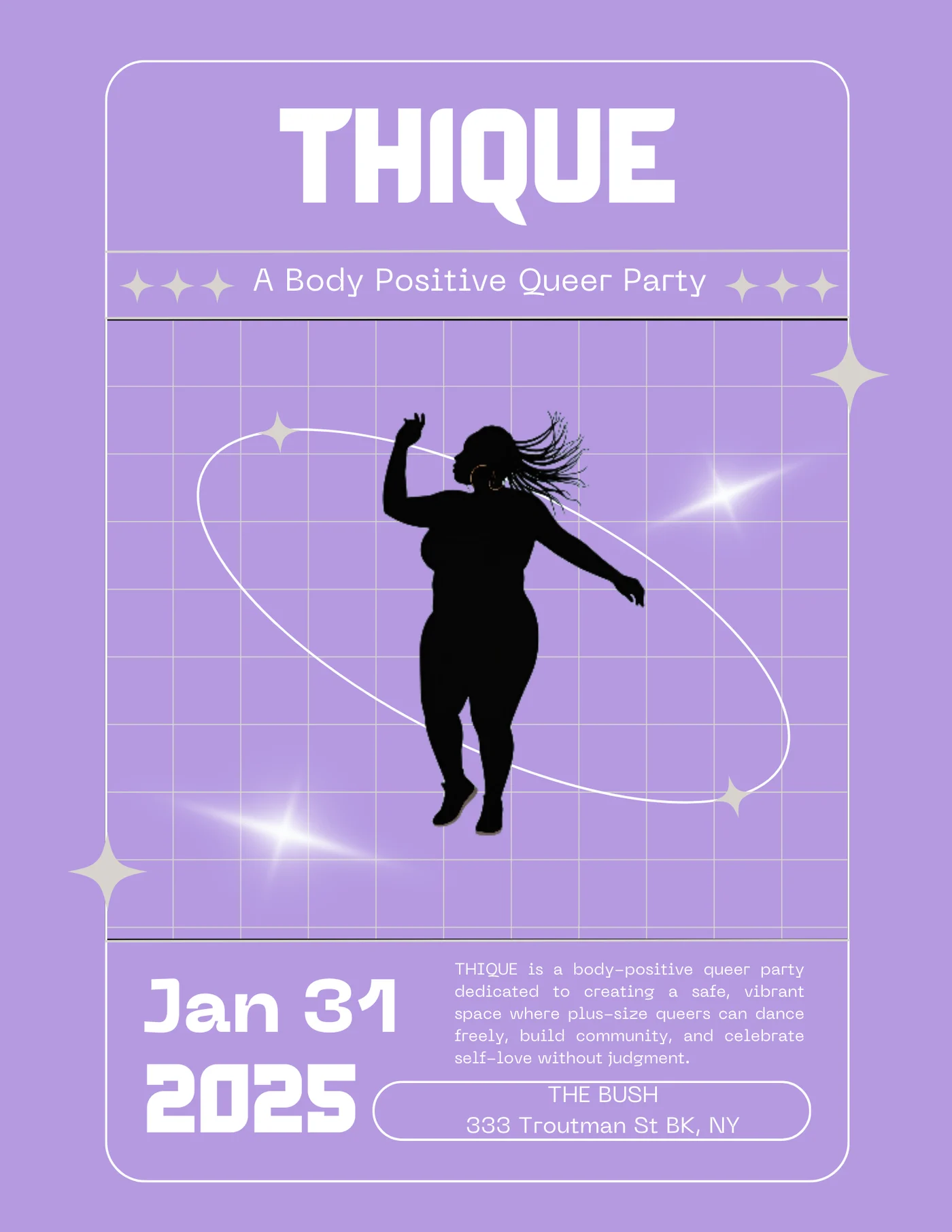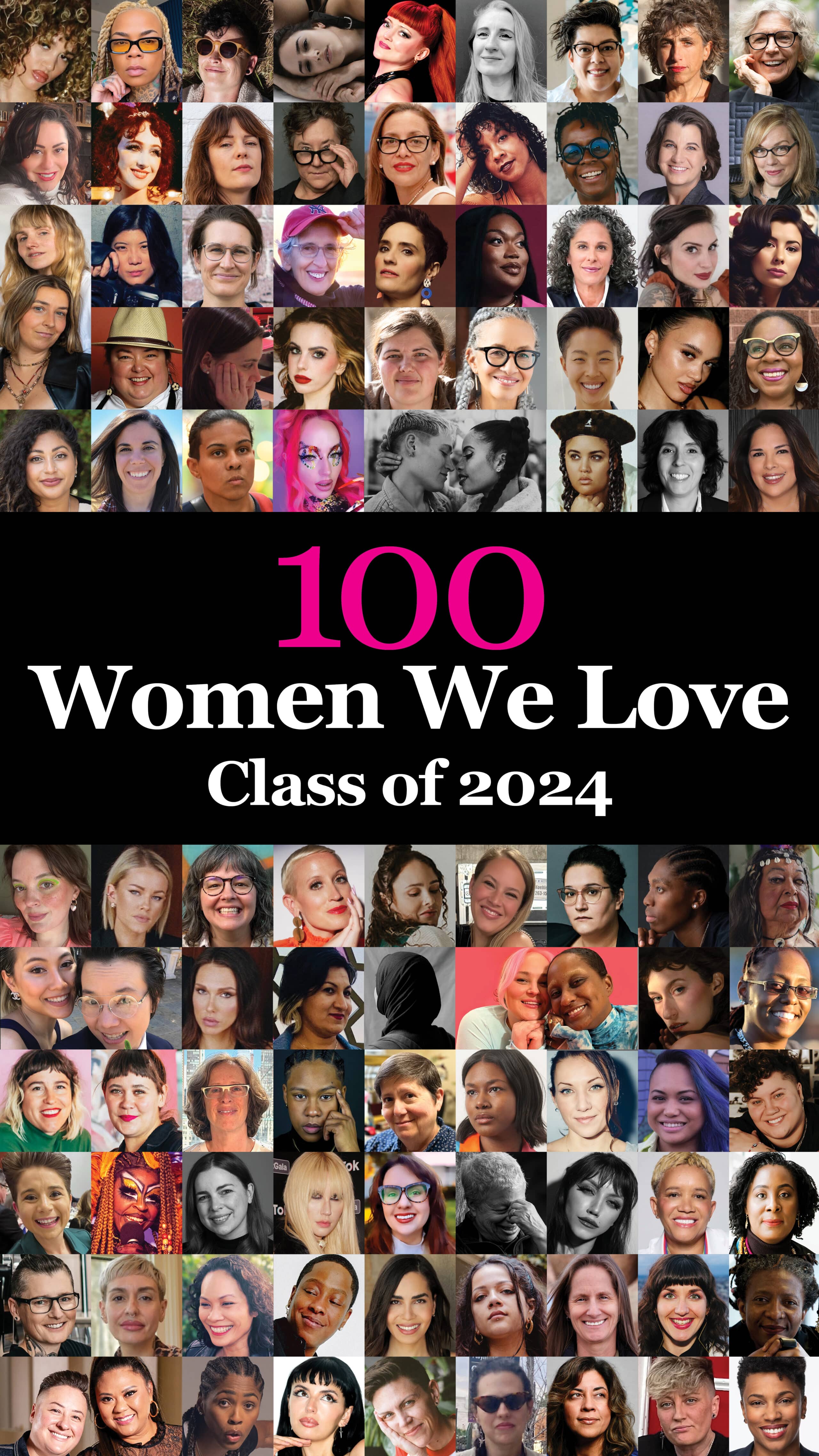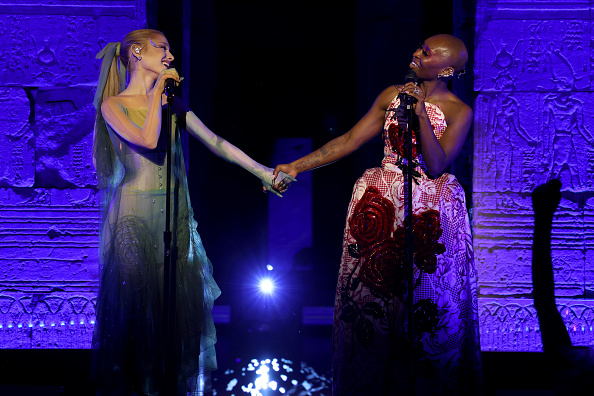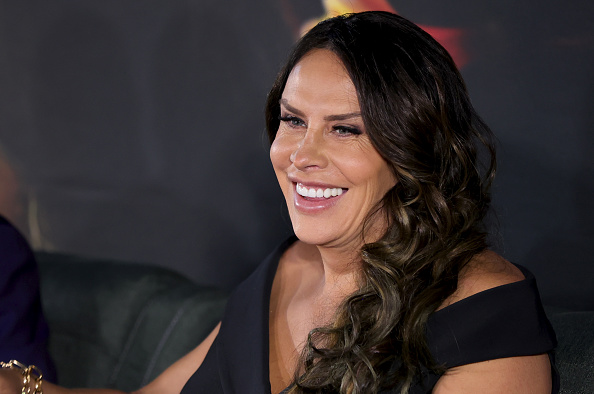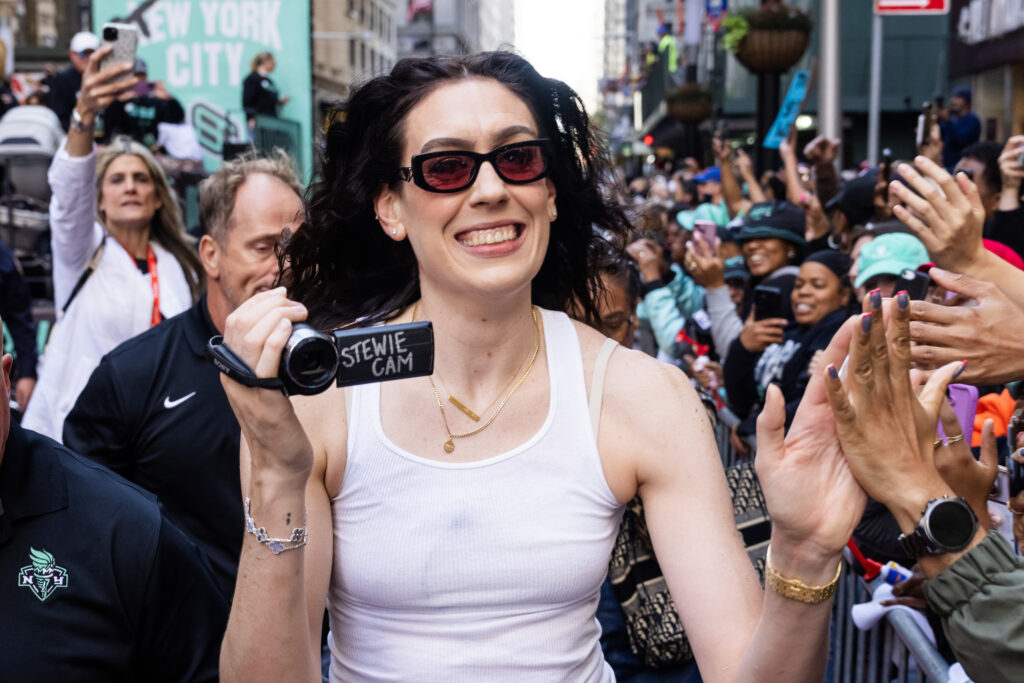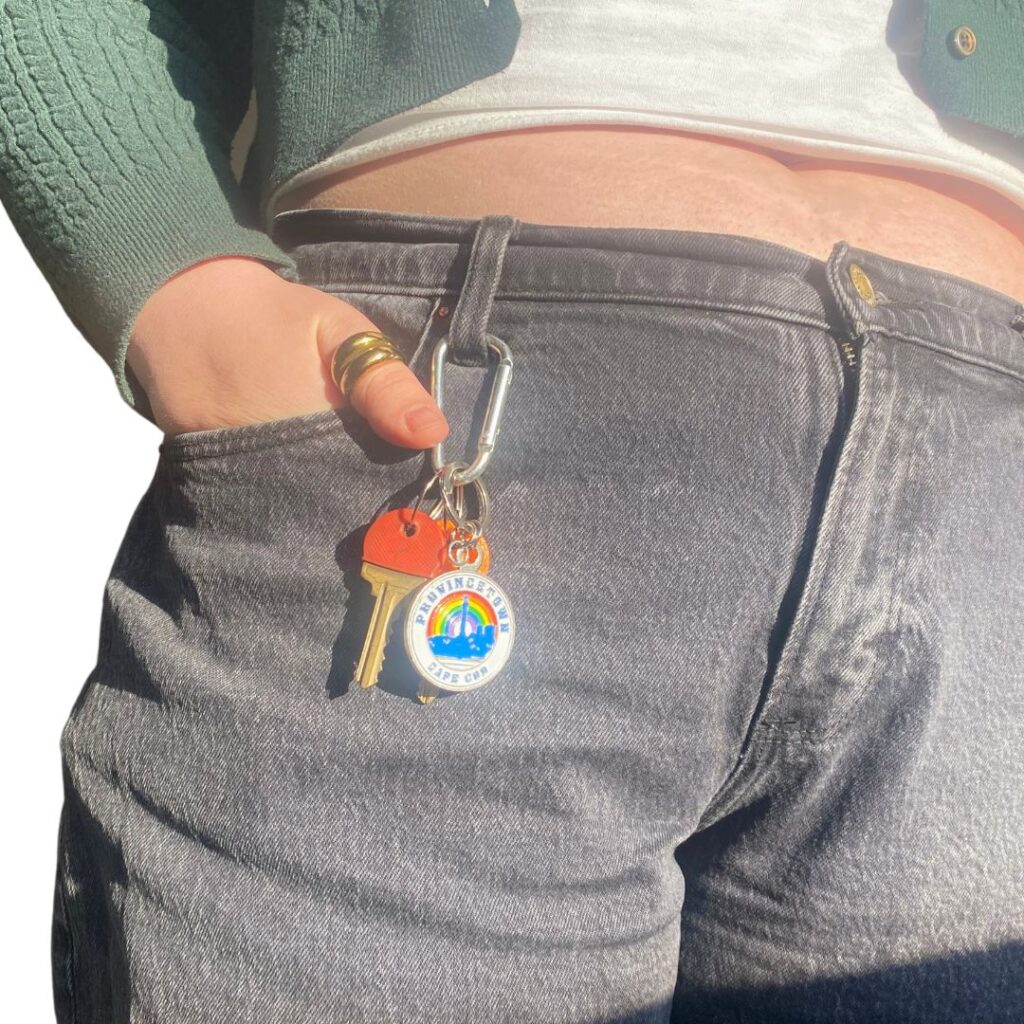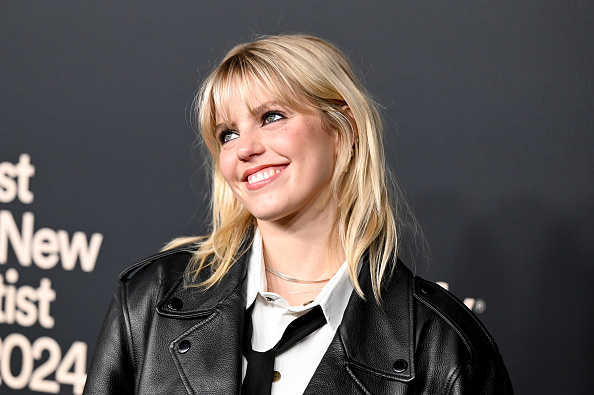Dorothy Allison, the acclaimed lesbian-feminist writer, passed away at her home in Northern California on November 6, 2024, at the age of 75, after a brief battle with cancer. Her death marks the loss of a trailblazing literary figure whose work had a profound impact on feminist and LGBTQ+ literature.
Born on April 11, 1949, in Greenville, South Carolina, to a fifteen-year-old mother, Dorothy Allison’s early years were marked by poverty and significant hardship. She endured sexual, physical, and emotional abuse, yet managed to graduate from high school and earn a National Merit Scholarship to attend Florida Presbyterian College (now Eckerd College). She later went on to earn a master’s degree in anthropology from The New School for Social Research in New York. During her time in Florida, she became involved in the women’s liberation movement, finding a community of feminists and lesbians.
In the 1970s and 1980s, Allison became a central figure in the vibrant feminist literary scene in Florida, Washington, DC, and New York. In Tallahassee, she served as editor of the feminist newspaper Amazing Grace and worked at a local feminist bookstore. She contributed essays, poems, and short stories to feminist publications such as Quest, Out/Look, and The Village Voice. She also co-founded the Lesbian Sex Mafia, a women’s BDSM education and support group, with Jo Arnone. She also worked with Conditions, a feminist literary journal. Allison wrote an essay for Sinister Wisdom about her experience at Conditions: “Sitting on the floor at editorial meetings talking about writing and manuscripts and how women might work toward a more just and equitable world, I looked around and felt my heart thudding between my breasts. I loved each and every one of us. I loved what we were trying to do even as we quibbled over line breaks in a poem or structure in an essay.”
Allison’s first chapbook, The Women Who Hate Me, was published in 1983 by Long Haul Press. In 1988, her collection of short stories, Trash, was published by Firebrand Books. Trash won two Lambda Literary Awards and the American Library Association Award for Gay and Lesbian Writing. Her breakthrough came with the publication of Bastard Out of Carolina in 1992. The novel was a best-seller, a finalist for the National Book Award, and was later adapted into a television movie directed by Anjelica Huston.
In 1994, Allison published Skin: Talking About Sex, Class, & Literature, a collection of essays that further cemented her reputation as an outspoken voice on issues of gender, sexuality, and social justice. Her memoir, Two or Three Things I Know for Sure, was published in 1995, followed by her second novel, Cavedweller, in 1998. Cavedweller was adapted into a film starring Kyra Sedgwick and Kevin Bacon.
Allison was awarded the Publishing Triangle’s Bill Whitehead Award for Lifetime Achievement in 2024, just months before her death. She is survived by her beloved son, Wolf, and a close-knit community of friends, colleagues, and readers who cherished her work and her fierce commitment to justice. Allison was predeceased by her wife, Alix Layman, whom she described as her “street legal” partner in life following the legalization of same-sex marriage.
Julie R. Enszer, editor and publisher of Sinister Wisdom, shared the following tribute with us.
Dorothy Allison, Beloved Lesbian-Feminist Writer and Sex Radical
April 11, 1949-November 6, 2024
A tribute by Julie R. Enszer
Sometimes I imagine Sappho, Virginia Woolf, Gertrude Stein, Angelina Weld Grimke, and Jeannette Howard Foster all gathered in the early 1940s. Historically, this is an impossibility of course, but it happens in my imagination. They do not all like each other; they quarrel and disagree sometimes just to be disagreeable, but one afternoon, Gertrude Stein looks up from her desk and says to them all, You know, in about thirty years, there is going to be this huge change for the lesbians – women’s liberation or some such – and they are going to be on fire with all of their ideas and organizing and writing and publishing. The others look at her with interest and a bit of amusement. She continues, Before all of this starts, I thought it might be nice to put in a few requests to the great architect of all life to make sure she gets it all right. What do we want our queer/feminist/lesbian writer kin to look like in 2000?
They all exchange various glances—incredulity, annoyance, exasperation, and more. I imagine some grumbling and various side conversations—women’s liberation? Queer? Organizing and publishing? Then, I imagine the settle into a conversation that illuminates a list of what they want to happen in the women in print movement—and what kinds of queer, feminist, and lesbian writers they want to conjure.
Let’s start with a passel of feminist and lesbian newspapers where women can write and learn how to think about writing, reporting, and finding and talking with their audience.
Let’s have some literary journals where the focus is on the writing but also on the ways of imagining communities that are multiracial and multicultural with intentionality.
Let’s have writers explore all genres – poetry, fiction, short story, essays.
Let’s have writers develop a new genre by combining the insights from their personal experience with powerful and propulsive narratives. They can call it whatever they want, but let’s have them innovate.
Let’s have them publish their own work—and the works of their friends and fellow writers.
Let’s have them build independent publishing companies.
Let’s have them cross over into commercial publishing and get a big fat check.
Let’s have someone make a movie from one of their novels—from a novel that is so powerful and so intimate, and so crushing, and so real that everyone who reads it is kind of devastated and then everyone who sees the film things, see, see, this is what those lesbians were doing.
Let’s have someone keep writing and produce more novels.
Let’s have her teach.
Let’s have her speak and lecture.
Let’s have her inspire generations.
Let’s have her be funny and wise and self-deprecating and honest and truthful.
Then they all rest and eventually return to their lives, but that powerful imagined conversation—it lived in the world.
Sappho, Virginia Woolf, Gertrude Stein, Angelina Weld Grimke, Jeannette Howard Foster and so many other lesbian and queer foremothers conjured Dorothy Allison. They imagined a future where the early labors of the women in print movement were realized through hard work and dedication. They imagined a world where the life and work of Dorothy Allison was possible. Dorothy Allison did everything on the list above and more. Her work all happened as part of one big history of lesbians and feminists using language to find their way in the world – and to create a new world.
Now Dorothy Allison has joined the ancestors. I imagine her watching, waiting, scheming, dreaming, and conjuring what is next for lesbians, for feminists, for queers.




